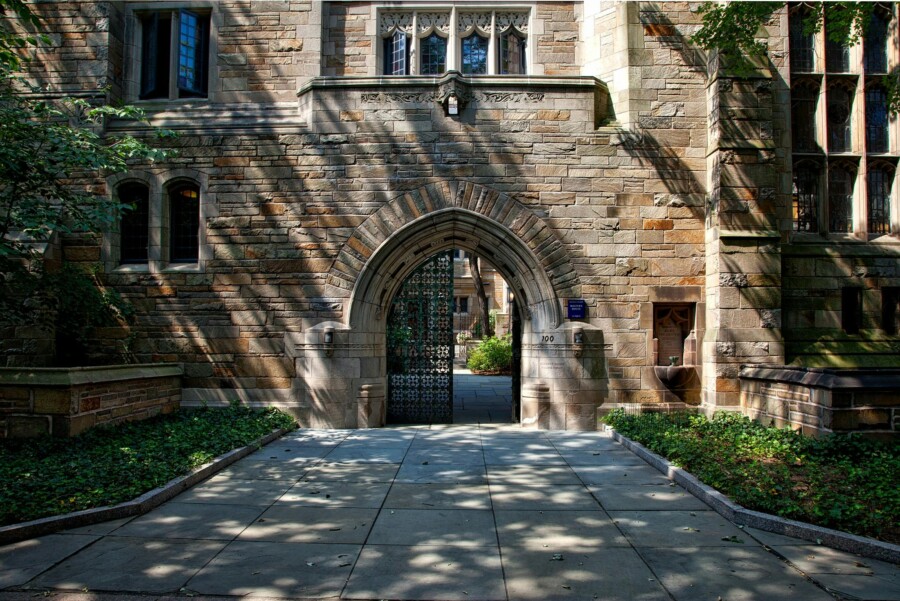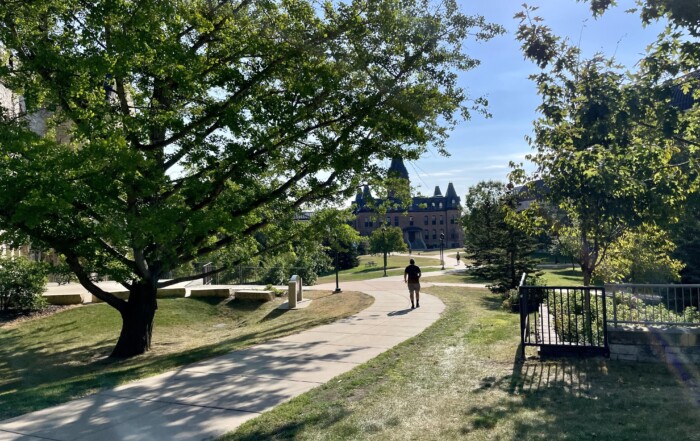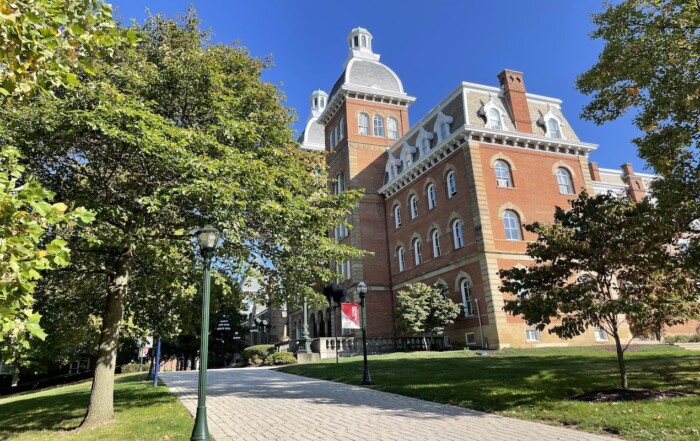College Admissions Tips and Guidance
Why Mentors Matter In College

Explore Our Articles
Recent Posts
Popular Categories
Get In Touch
On Social
By Phone or Text
(617) 734-3700
By Mail or Email
1678 Beacon Street
Brookline, MA 02445
By Form
Educational Advocates
Our objective is to guide the family in finding options where the student will not only get admitted, but thrive and find success once on campus.
Why Mentors Matter In College

Students who have mentors in college report greater satisfaction with their careers and life post-graduation.
Students with college mentors are twice as likely to be successful after graduation—reporting more engagement at work and scoring high on other measures of well-being. The Chronicle For Higher Education reported on a book by Hamilton College Sociology Professor Dan Chambliss who followed more than 100 Hamilton students during and after college to determine which aspects of their undergraduate years really made a difference long term. Relationships matter a great deal, and of all relationships, mentors made the biggest impact. Chambliss’ research is backed up by results from The Gallup-Purdue index, which explores the connections between students’ undergraduate experiences and their post-college life.
Why then do only one out of five college graduates report having a mentor during college? The difference is in colleges and their cultures. Such relationships were not necessarily more common at elite selective universities or at small colleges. The key difference is that colleges where students reported having mentors were intentional about creating an environment where undergraduates could form such relationships.

When visiting colleges ask students if there is anyone on campus to whom they can turn when they have an important question–in short, a mentor.
The title of the mentor or their role did not necessarily matter either. It could be a professor, a professional advisor, a coach, or another professional on campus. The amount of time a student spent with the mentor was not really important; however, the mentor being available during key moments in a student’s experience (such as getting midterm grades back or making an important academic decision) was critical.
As a high school student evaluating colleges, ask questions when visiting campuses and speak with admissions counselors about what the college does to encourage mentoring relationships on campus. Some colleges offer freshman seminars that focus on helping students transition to college or on teaching college-level writing. Such intimate settings can potentially result in students feeling more connected to the professors who teach the course. Mentorships are critical to students’ futures, so take the time to find out just how open professors are to serving in this vital role at the colleges you are considering.









